Meet the Nobel Prize Duo of South Korea
- byTolulope Ayileka
- 1 year ago
- 0 Comments
- 4mins
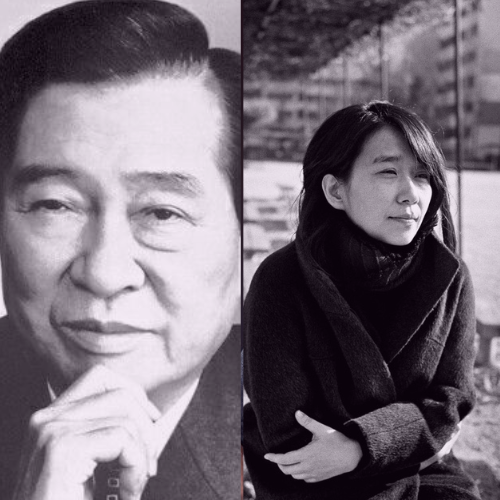
Annyeong Chingus!
South Korea is renowned worldwide for its cultural, technological, and societal advancements. Its impressive individuals whose works and inventions have impacted the world tremendously have received the exquisite honour of winning a Nobel prize.
South Korea has produced two outstanding Nobel Laureates whose work and achievements have garnered praise both for themselves and the nation. This highlights South Korea's dedication to progress, peace, and innovation.
Here are the Nobel Prize Duos of South Korea:
Kim Dae-Jung
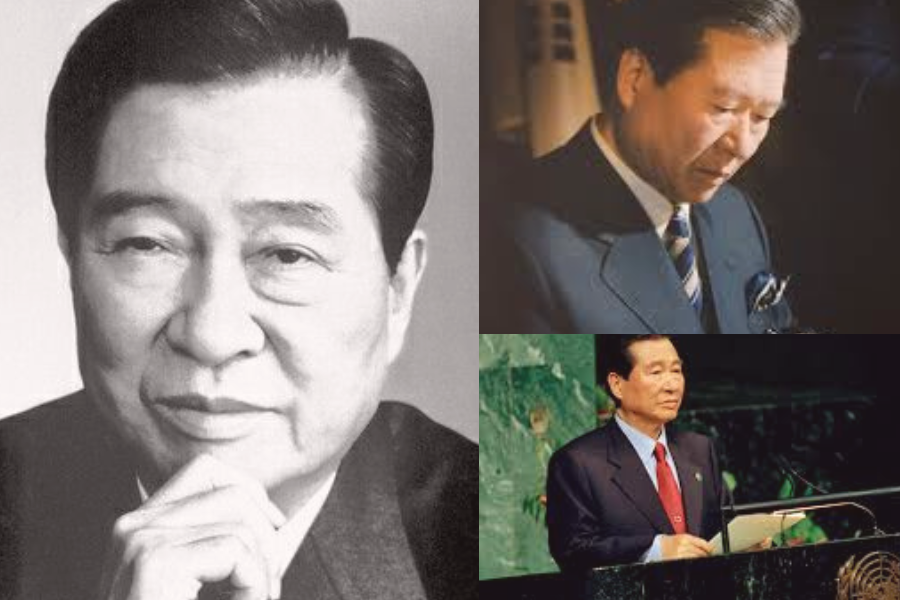
Kim Jung was South Korea’s eighth president from 1998 to 2003. He is known as the oldest president and was awarded the Nobel Peace Prize in 2000 while still serving.
Kim Dae-Jung was often regarded as the "Nelson Mandela of Asia" due to his outspoken activism against military dictatorship and his love for human rights and democracy. Even after he died in 2009, he remained a revered symbol and respected personality in South Korea's history.
He was awarded the Nobel Prize due to his reconciliation attempts with North Korea and the implementation of his "Sunshine Act". Ex-President Kim Dae-Jung created the Sunshine Act in 1998.
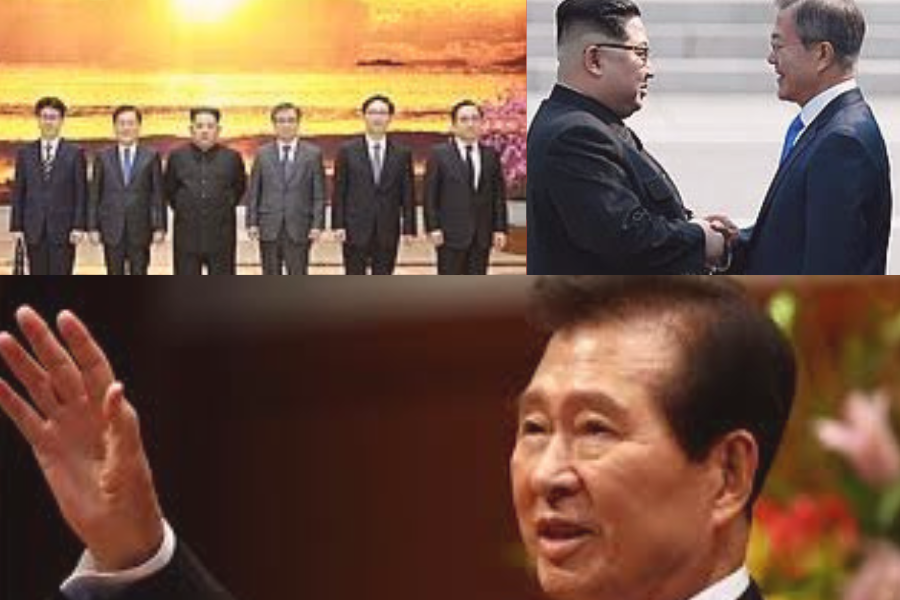
After the war, South Korea focused more on rebuilding and growing its economy, which led to better living conditions and economic prosperity for the nation while North Korea focused more on its military and weaponry despite experiencing constant economic decline and worse living conditions. His "Sunshine Policy" aimed at reducing tensions with North Korea through dialogue and cooperation.
This policy yielded positive results as it led to notable historic moments between both sides such as the first-ever inter-Korean summit in June 2000 with North Korean leader Kim Jong-il. This was followed by more peace submits and investments by local business investors as well as a reconciliation of families separated by the Korean War.
To date, Kim Dae-jung’s courage and vision for a peaceful, unified Korea remain a cornerstone of his legacy.
Han Kang
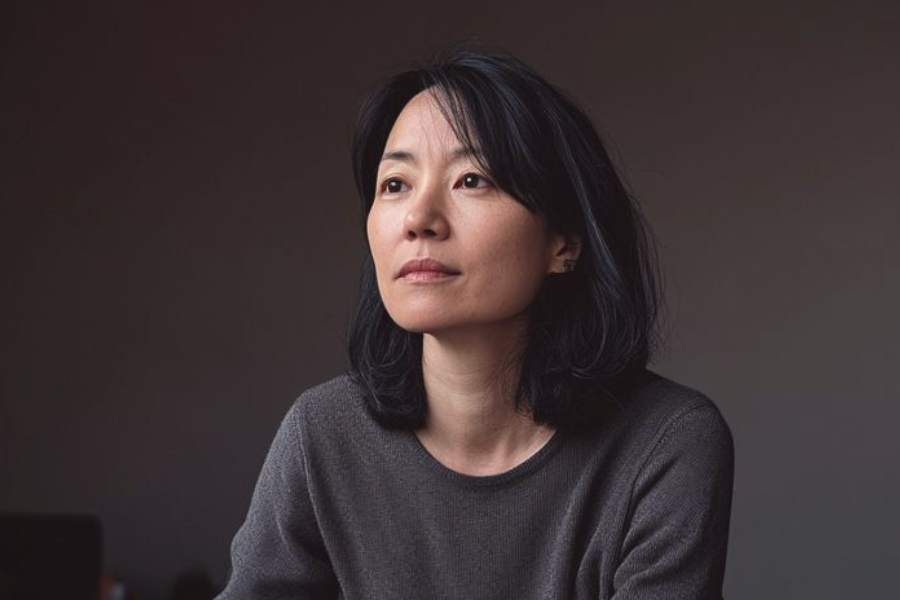
Hang Kang is a South Korean writer, and she was awarded a Nobel Prize in Literature in 2024. She is also on record as the first Korean writer and the first female Asian writer to receive this prestigious honour.
She studied Korean language and literature at Yonsei University and soon became a reporter before focusing on her writing career. She received international recognition after the release of her novel "The Vegetarian" in 2007.
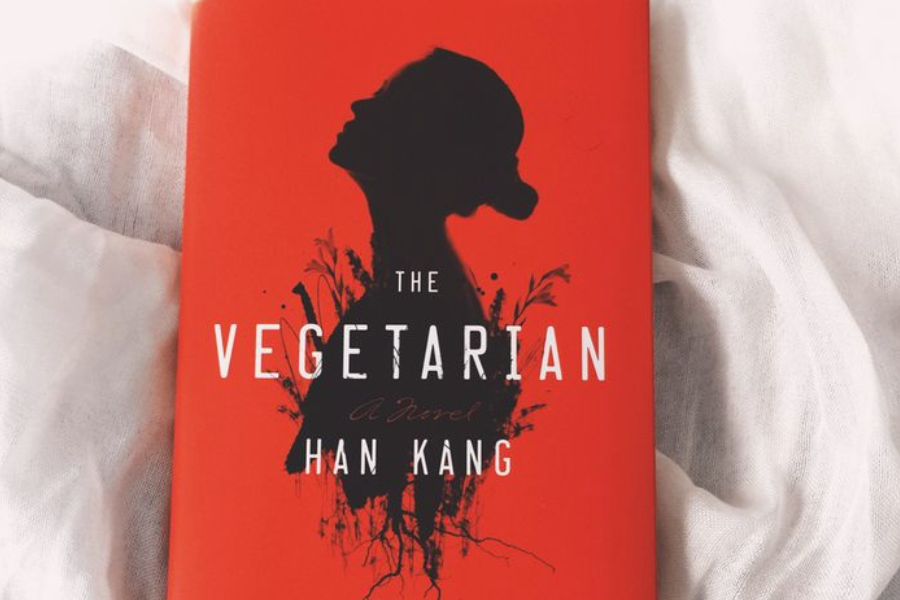
The Vegetarian garnered a lot of accolades including being the first Korean language novel to win the International Booker Prize for fiction in 2016 and eventually the Nobel literature prize.
The Vegetarian is a tragic novel about how her decision to stop eating meat triggered psychological events in her life and family and is filled with themes of human violence, identity, and self-discovery. According to Han Kang, some of the events in the Nobel-winning story were influenced by her personal experiences giving it a more solid and passionate feel to her readers.
The achievements of Kim Dae-Jung and Han Kang reflect South Korea's remarkable journey on the world stage. They serve as enduring symbols of the nation’s capacity to influence and inspire, reminding us of the power of peace and art to bridge divides and elevate humanity. We can't wait to see what more they have to dazzle us with.
Tolulope Ayileka
Tioluwa is a lover of all things good story telling and adventure, so it's no surprise she's officially hooked to all things Korean. She believes learning and having fun is synonymous and prides herself a K-drama guru. From Korean lifestyle to history, she's all over it like sauce on kimchi.
0 Comment(s)
Related Posts
Daily Newsletter
Get all the top stories from Blogs to keep track.


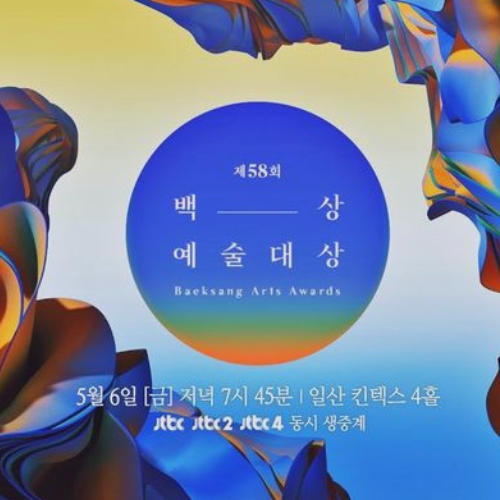


Leave a comment